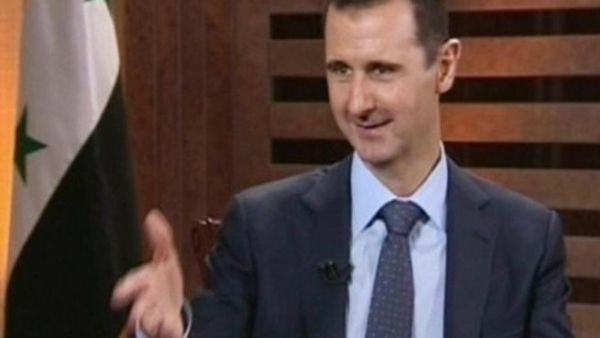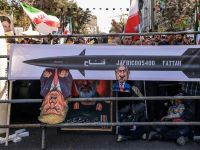Investigators from the United Nations human rights body announced Thursday they want to meet Syrian President Bashar al-Assad, as the war in Syria killed more than 33,000 people since the uprising began in March 2011. The team, led by Brazilian expert Paulo Pinheiro, has assembled a collection of evidence and testimonies of atrocities carried out by the Syrian forces and armed rebels. "We decided to send a letter to President Al Assad to request a meeting (...) It is very important that we can make this," said Paulo Pinheiro.
Meanwhile, the international mediator Lakhdar Brahimi said Wednesday he obtained the agreement of the regime and rebel leaders for a truce in Syria during the Muslim festival of Eid al-Adha, which begins Friday.
The UN Security Council expressed its support for the initiative and asked "all parties and in particular the Syrian government to respond positively."
On the field, nothing reflected a desire to move towards a ceasefire. Eight people were killed in a car bombing in Damascus and overall the violence left 142 dead, including more than 60 civilians across the country, according to a Syrian NGO.
In a report by videoconference to the ambassadors of the 15 member countries of the Security Council, Brahimi stressed that the cease-fire, if achieved, would be a "small step" that could lead to the opening of a political dialogue and improved humanitarian access.
The envoy, who has just completed a five-day visit to Syria, has called for a "strong and unanimous support" of the Council towards his mediation efforts. He warned that a new failure would create "an escalation (of violence) and extension "of the conflict to neighboring countries.
He made particular reference to the recent exchange of shelling between Syria and Turkey.
In a statement adopted unanimously by the 15 members of the Council they called for all parties to respect the truce and asked "all regional and international actors to use their influence to help (his) bid."
The Security Council has so far failed to put pressure on the regime in Damascus, Russia and China vetoed any Western initiative in this direction.







